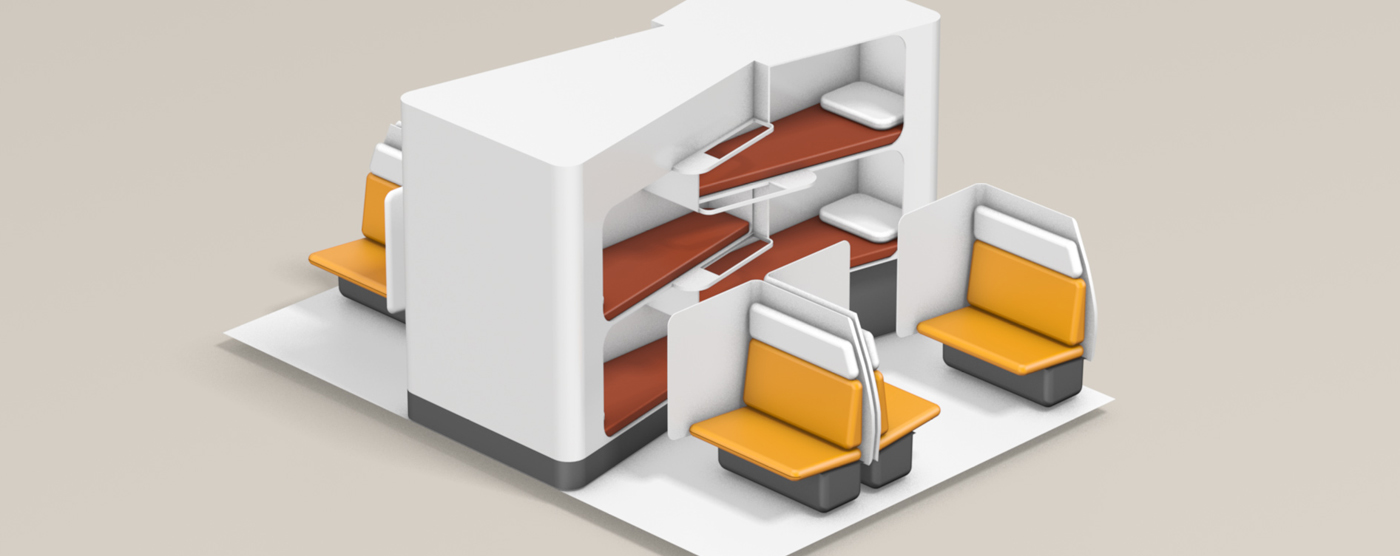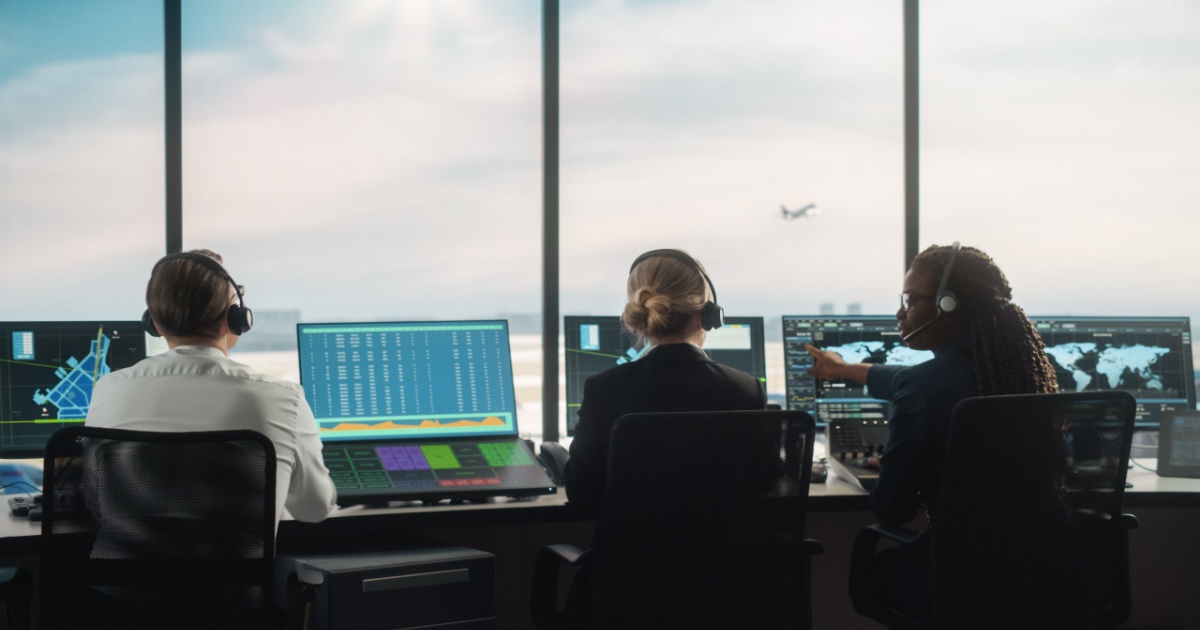Modular Airplanes Take Flying to Another Level

Move over, first class. Air travel as we know it may be taking a back seat to modular airplanes, offering passengers a “cruise ship-like” experience with the comforts of home.
Let’s face it. Commercial flying leaves much to be desired: crammed seating with limited legroom, few dining options, and basically nowhere else to go. All of this may be changing, and it could happen sooner than we think.
Is this the future of air travel?
Last December, innovators at Airbus revealed Transpose, a futuristic modular cabin concept that was in the works at their Silicon Valley labs. This full-sized Airbus A330 prototype takes the concept from cargo planes and applies it to passenger planes.
Here is how it would work:
Just as palettes of cargo are loaded onto cargo planes, Transpose engineers have designed a way to load pre-built modules onto commercial planes―each with specific “experiences.” Imagine being able to roam freely about the cabin and stop off at a coffee shop or work off a few calories at a cycling studio?
Check out this video to see the inner workings of a modular plane.
How soon will they fly?
As exciting as all this sounds, you won’t be booking a ticket any time soon. The Transpose engineering team is still facing some design challenges, not to mention getting approval from the Federal Aviation Administration (FAA). Transpose has already engaged in conversations with the FAA and hopes to have its aircraft flying “within a few years.” This estimate, however, may be premature, considering the strict rules and regulations of the FAA. The FAA has not officially commented on the project but did state―depending on the complexity of the project and the experience of the manufacturer―the certification process can take anywhere from less than one year to more than five years.
How much will a ticket cost?
Cost also comes into play, as today’s avid air travelers are already paying a premium for extra legroom and the niceties of first class. Transpose engineers predict modular cabin seats would be priced at the premium economy level, but this prediction depends upon whether the seating density remains the same as a standard aircraft. Ultimately, the airlines will have the final say in determining the price of a ticket.
In an everchanging world of technology, Airbus has a proven track record backed with years of experience building airplanes. Transpose is just another example of how innovation and engineering can one day make flying the friendly skies even friendlier.
For more of the latest innovations in aviation, engineering, management and more―check out our monthly newsletter. (Sign-up below!)

